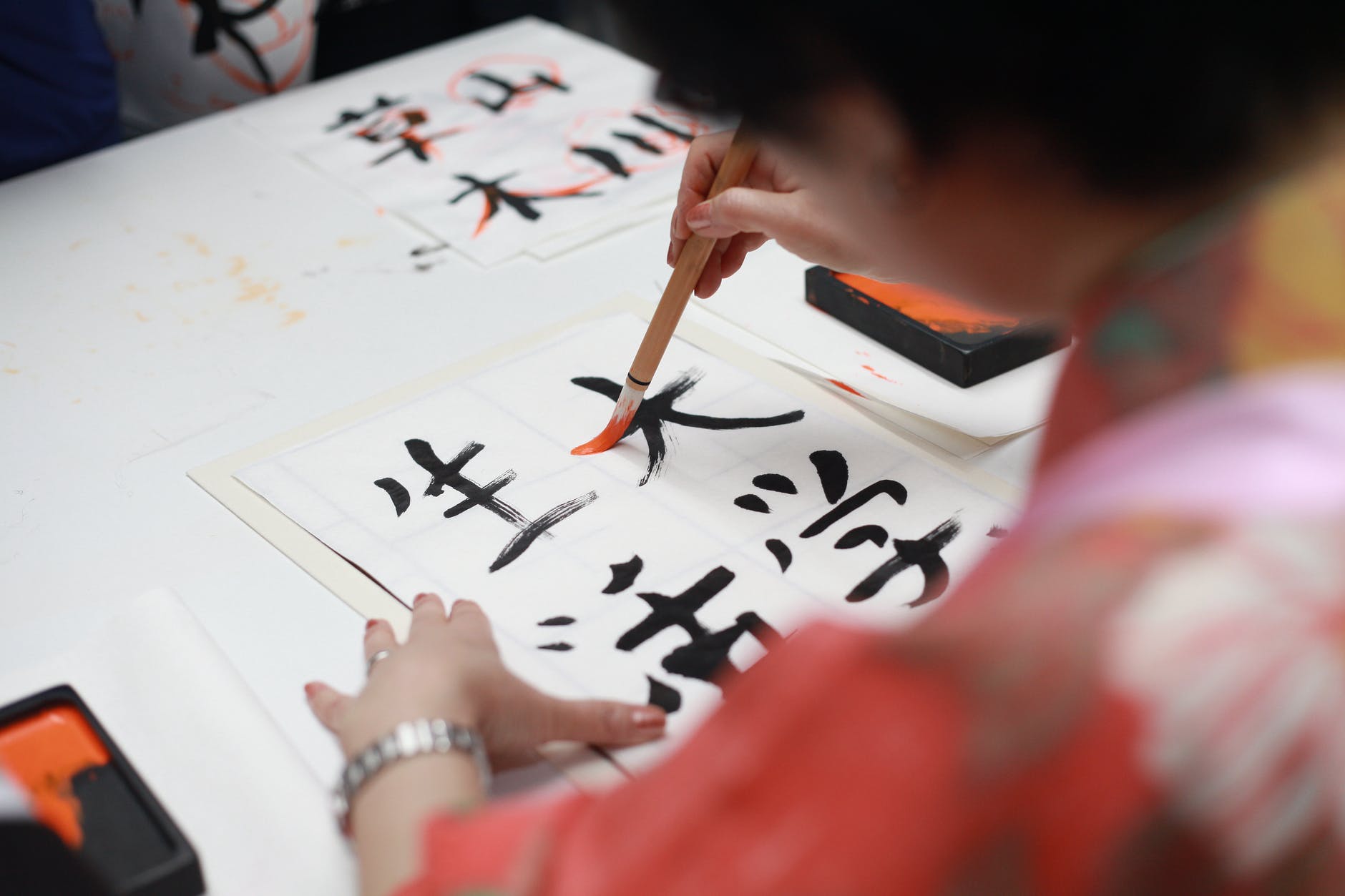
7 Japanese Words That You Can’t Translate to English
You may already know some common Japanese words like tsunami, yakuza and samurai, but did you know there are many Japanese words that you can’t translate to English?
What’s more, Japanese is one of the hardest and most time-consuming languages to learn for native English speakers. In fact, when studying Japanese, it takes about four times as long to reach the same level of fluency as it would when studying French, Spanish or Italian.
This is because its differences with English are numerous. Japanese vocabulary, grammar, alphabets (multiple…yes, there are three!), sentence patterns, levels of politeness and even thought process all differ hugely from English and the way in which European languages generally function.
While it is an interesting, complex and beautiful language, studying Japanese is quite a commitment. Fortunately, there are many little motivators along the way, and one of those is discovering brand new words for concepts that don’t really exist in the English language.
As Japanese teachers, we have listed seven of these words that we love to use and share with our students.
Tsun-doku 積読 つんどく
“Tsun-doku” refers to the act of buying books and letting them pile up without ever actually getting around to reading them. That little tower of brand new unopened books collecting dust on the beside table, yeah, that’s tsun-doku at work

Photo by Pixabay on Pexels.com
Shin-rin-yoku 森林浴 しんりんよく
A word that perfectly captures the Japanese appreciation for nature, ‘shin-rin-yoku’ literally translates as forest bathing. Not in the literal sense of pulling out your soap-on-a-rope for a quick scrub down behind some trees, but in the figurate sense of immersing yourself in the beauty of the nature and the forest and taking in all that is around you.

Photo by Luis del Río on Pexels.com
Wabi-sabi 侘び寂び わびさび
‘Wabi-sabi’ refers to looking at objects with flaws and imperfections and finding the beauty within those flaws. It could be a beautiful vase with a blemish, or a perfect leaf with an unusually shaped hole. Often we get so used to searching for perfection in its fullest form, that sometimes those things that aren’t quite so perfect, bring us the greatest joy and admiration.

Photo by sum+it on Pexels.com
Men-doku-sai 面倒臭い めんどうくさい
One of our favourite Japanese words, this word has similar connotations to ‘can’t be bothered’ or ‘a pain in the *ahem* backside‘ in English. It’s super versatile and can be used to describe something you have to do, something you don’t want to do, something that is going to take too much time/effort/energy, or even a person who tends to be a hassle to deal with whenever you have interactions.

Photo by Francesco Frilli on Pexels.com
Yukkuri ゆっくり
While ‘yukkuri’ has an equivalent in English (it literally means slowly or at one’s pace), in Japanese it is used differently. It is often used in shops towards customers to encourage them to browse at their own leisurely pace without any stress or pressure. It can also be used to describe time that is used for relaxing, for example a the beach when you might lounge about on a towel, read a book, listen to some music, go for a quick dip, and basically just chill out.

Photo by Andrea Piacquadio on Pexels.com
Betsu-bara 別腹 べつばら
A great word for all the dessert lovers out there, ‘betsu-bara’ literally translates to ‘separate stomach’ and refers to one’s ability to be able to eat dessert, even when you’re completely full from eating your meal. Basically, you’ve got a ‘betsu-bara’ or a separate stomach, dedicated entirely to tucking away dessert even though you might already be bursting at the seams!

Photo by Adrian Frentescu on Pexels.com
Neko-jita 猫舌 ねこじた
If you’re someone who frequently burns your mouth on hot food, then you have a ‘neko-jita’ or ‘cat’s tongue’. Many Japanese foods are served piping hot (miso soup, ramen, soba), so it only seems appropriate to have come up with a phrase to describe someone who is sure to burn themselves every.single.time. Interestingly, cats are pretty influential in Japanese pop-culture and even appear in Japanese fashion on occasion.

Photo by Guillaume Meurice on Pexels.com
And there you have it! Seven amazing Japanese words that you can’t translate to English that we are surely lacking in our everyday vocabulary! Maybe you can even relate to some of these new untranslatable words yourself?
Brilliant.
Such fantastic words, and epic explanations! Also… the photos & captions really add a je ne sais quoi of hilarity. So much fun to read. Thanks for sharing your wisdom and insight!